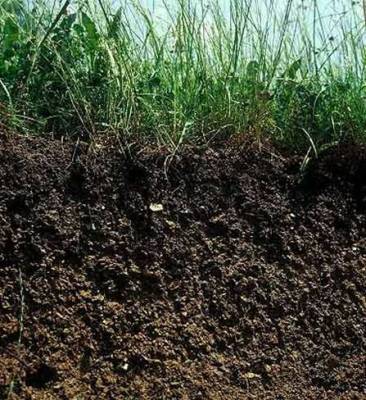Composting Background
The ways we relate to our food often mirrors our environment and our relationship to it. When we buy our groceries in the supermarket-- pre-packed and often pre-cooked-- we find little connection to where our produce comes from. Furthermore, disposing of food waste in the garbage is a magical, invisible removal of what we don't consume. Most of us know little about how food is produced and disposed of on an industrial scale, or the environmental harm that these systems cause. Food waste and the extractive ways in which we produce our food pose a significant threat to human health and environmental stability. Large quantities of often edible food fills landfills while industrial animal farms, dairy factories, and agricultural corporations pollute rivers, soil, and air.
Composting offers an alternative: integrated into a generative and sustainable food production circle, it reconnects us with our food, and makes food-waste a valuable resource in keeping soil healthy and ensuring the growth of future crops. This module engages with composting in its biological, physical, ecological, chemical, and social dimensions. It also examines how we produce, consume, and relate to the food we eat as well as the waste we produce.

Grass Growing on Humus (Edafologia2.0, 2016)